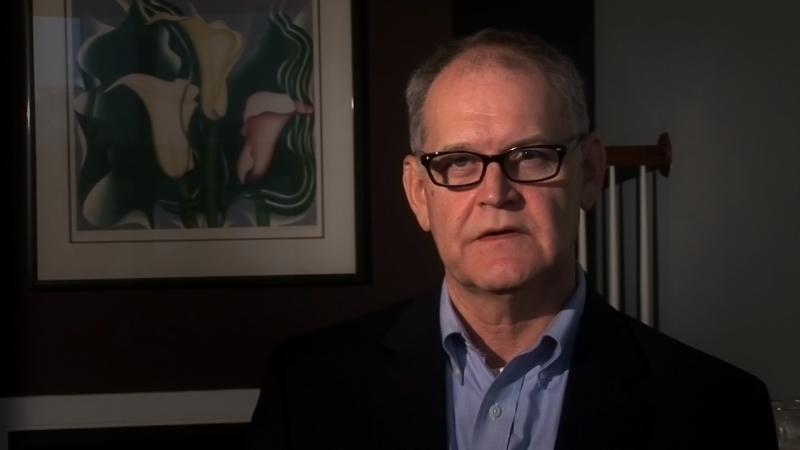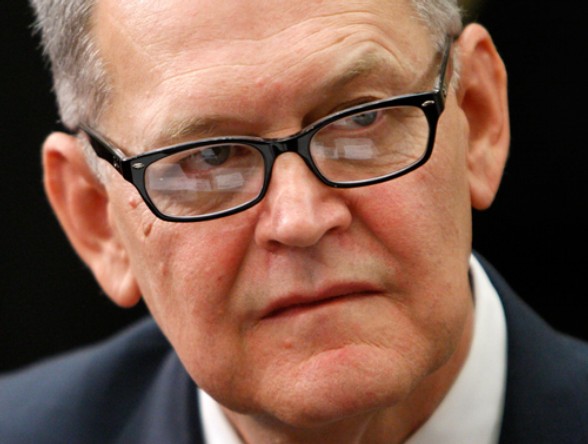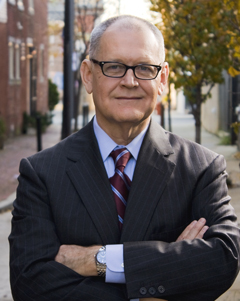This week I received a Ridenhour Prize for my book, Deadly Spin. I'm honored to receive the award, especially in light of my fellow recipients: former Sen. Russ Feingold of Wisconsin; the producers of a film called Budrus, about attempts to find non-violent solutions to the strife in the Middle East, and Thomas Drake, an National Security Agency contractor who blew the whistle on what he believed were corrupt practices. Past honorees have included Bill Moyers and Bob Herbert. Elite company.
 It is always nice to be recognized for one's work. The prizes are supposed to honor those "who speak truth to power." But the honor is also ironically unfortunate. The need to write the book at all, to illustrate how selfish profit motives too frequently take precedence over the health care needs of real people, remains a tragedy. And sadly, that continues to be the case, even after so much has been revealed about the inner workings of insurance giants and even after a bruising political battle has been waged to change how health care is delivered in America. The fact is, I shouldn't have had to write the book. There shouldn't have to be an award for people who simply do what is simply right.
It is always nice to be recognized for one's work. The prizes are supposed to honor those "who speak truth to power." But the honor is also ironically unfortunate. The need to write the book at all, to illustrate how selfish profit motives too frequently take precedence over the health care needs of real people, remains a tragedy. And sadly, that continues to be the case, even after so much has been revealed about the inner workings of insurance giants and even after a bruising political battle has been waged to change how health care is delivered in America. The fact is, I shouldn't have had to write the book. There shouldn't have to be an award for people who simply do what is simply right.

 It is always nice to be recognized for one's work. The prizes are supposed to honor those "who speak truth to power." But the honor is also ironically unfortunate. The need to write the book at all, to illustrate how selfish profit motives too frequently take precedence over the health care needs of real people, remains a tragedy. And sadly, that continues to be the case, even after so much has been revealed about the inner workings of insurance giants and even after a bruising political battle has been waged to change how health care is delivered in America. The fact is, I shouldn't have had to write the book. There shouldn't have to be an award for people who simply do what is simply right.
It is always nice to be recognized for one's work. The prizes are supposed to honor those "who speak truth to power." But the honor is also ironically unfortunate. The need to write the book at all, to illustrate how selfish profit motives too frequently take precedence over the health care needs of real people, remains a tragedy. And sadly, that continues to be the case, even after so much has been revealed about the inner workings of insurance giants and even after a bruising political battle has been waged to change how health care is delivered in America. The fact is, I shouldn't have had to write the book. There shouldn't have to be an award for people who simply do what is simply right. Many voters went to sleep in Wisconsin and thought they woke up in Florida on Friday after a "Republican activist" county clerk announced that she discovered an extra 14,315 votes in a hotly contested Supreme Court race. Not surprisingly, the votes went to the conservative candidate giving incumbent justice
Many voters went to sleep in Wisconsin and thought they woke up in Florida on Friday after a "Republican activist" county clerk announced that she discovered an extra 14,315 votes in a hotly contested Supreme Court race. Not surprisingly, the votes went to the conservative candidate giving incumbent justice  Newly-elected Republican governors, like Bill Haslam in Tennessee, are also pushing malpractice reform at the state level. They contend that such reform — favored by businesses and medical associations — would not only bring down the costs of health insurance premiums, it would also bring doctors flocking to their states to practice. Former House Speaker
Newly-elected Republican governors, like Bill Haslam in Tennessee, are also pushing malpractice reform at the state level. They contend that such reform — favored by businesses and medical associations — would not only bring down the costs of health insurance premiums, it would also bring doctors flocking to their states to practice. Former House Speaker  Since you likely don't pay as much attention to the behavior of insurance companies as I do, you probably are not aware that
Since you likely don't pay as much attention to the behavior of insurance companies as I do, you probably are not aware that  William Cronon is a professor of history, geography and environmental studies at the University of Wisconsin-Madison. He is the prize winning author of many books such as Changes in the Land: Indians, Colonists, and the Ecology of New England, which revolutionized the study of environmental history. He is known as a guy with such a deep and abiding love of Wisconsin and its traditions that he leads the "get to know us" bus tour of the state offered to new faculty each year. Glaciers, rocks and history are on his agenda; politics and cheese he leaves to fellow-Wisconsinite and Capital Times editor John Nichols.
William Cronon is a professor of history, geography and environmental studies at the University of Wisconsin-Madison. He is the prize winning author of many books such as Changes in the Land: Indians, Colonists, and the Ecology of New England, which revolutionized the study of environmental history. He is known as a guy with such a deep and abiding love of Wisconsin and its traditions that he leads the "get to know us" bus tour of the state offered to new faculty each year. Glaciers, rocks and history are on his agenda; politics and cheese he leaves to fellow-Wisconsinite and Capital Times editor John Nichols. Is the health care reform law a good deal for Americans, or is it so badly flawed that Congress should repeal it? Now that the measure is one year old -- President Obama signed the Patient Protection and Affordable Care Act to law on March 23, 2010 -- I humbly suggest we attempt an unbiased assessment of what the law really means to us, and where we need to go from here.
Is the health care reform law a good deal for Americans, or is it so badly flawed that Congress should repeal it? Now that the measure is one year old -- President Obama signed the Patient Protection and Affordable Care Act to law on March 23, 2010 -- I humbly suggest we attempt an unbiased assessment of what the law really means to us, and where we need to go from here.